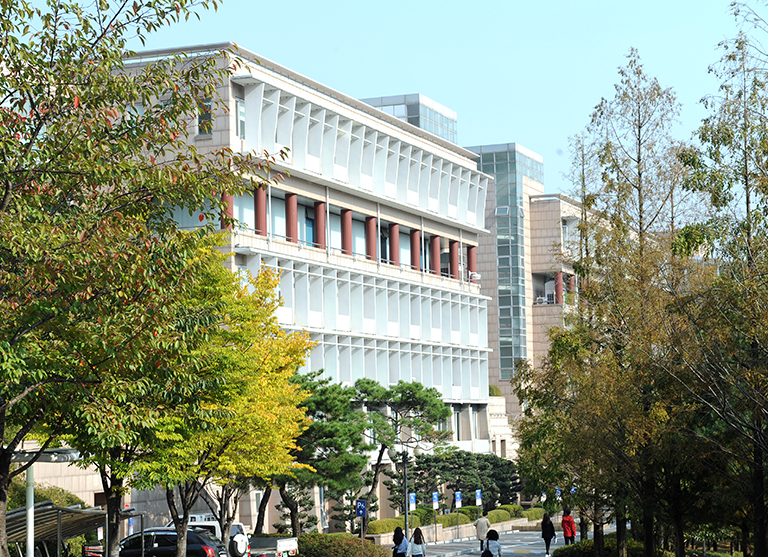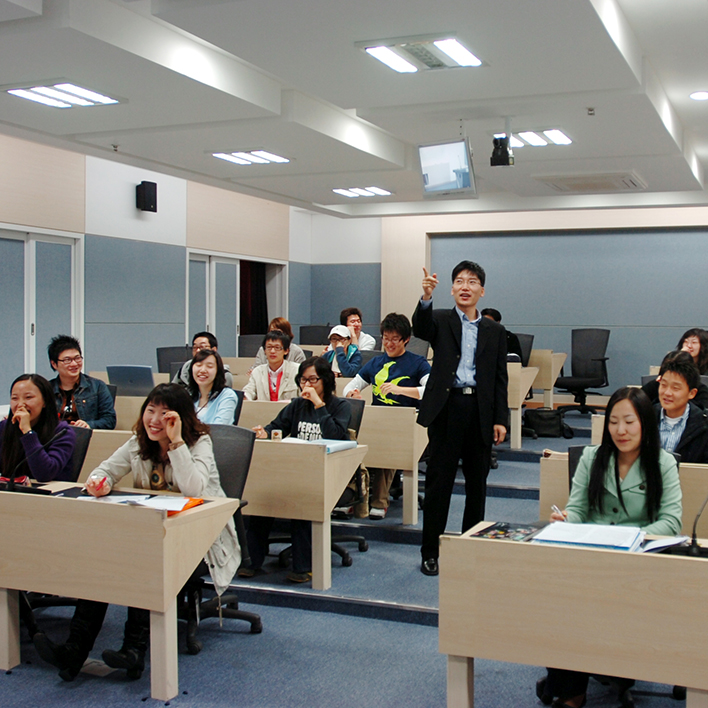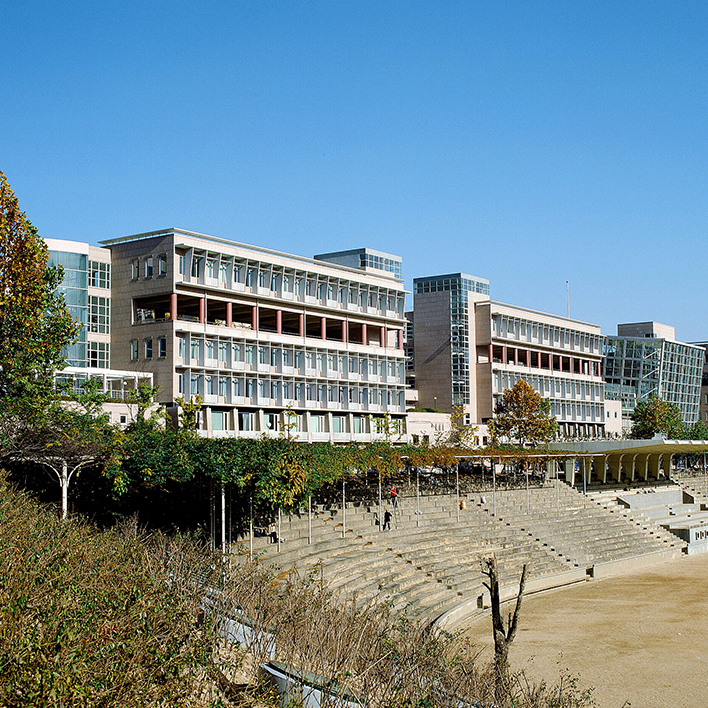
The College of Economics and Commerce is one of the oldest institutions of Kookmin University. The origin of the college stems from the Department of Economics that opened at the time of the foundation of Kookmin College in 1946, just one year after the liberation of the nation from the yoke of the Japanese occupation. The College of Economics and Commerce consists of two departments, the Department of Economics and the Department of Commerce and Finance, and is devoted to the study of the national and international economies in various aspects. Since we offer excellent curriculum and our faculty is very passionate and well qualified, we have always been able to cultivate our students to become excellent economists equipped with the ability to think and analyze economically. Our students have advanced in various fields such as the financial and trade business, the manufacturing industry, and the government sector after graduation, and have achieved very successful careers in each field. Due to the continued exceptional research of the professors in our two departments, we have received outstanding results in nation-wide scientific performance evaluations. Through time, as our advantage in research and teaching strengthens further, we are extremely confident that our prospects will remain very bright. We hope you come and develop with us and become part of our successful future.
Department of Economics
The economics courses aim to develop students' analytical power and frame of mind for making proper choices in the alternative uses of limited resources with these two primary criteria: efficiency and equity. In their junior year, students majoring in Economics gain advanced knowledge in economics and study the essential tools of economic analysis, which will enhance their ability to understand economic phenomena and to evaluate economic policies. By graduation, students acquire a proper perspective on the economy as well as skills to analyze economic phenomena with logical and economic reasoning. This training will prepare graduates to work in any worthy profession in the public or business sector or to pursue postgraduate studies in Economics, Management or other social sciences.
-
Curriculum
- 1st Year: Principles of Economics I, II, Introduction to Statistics, Mathematics for Economic Analysis
- 2nd Year: Microeconomics, Macroeconomics, Economic History, Money and Banking, Economics of the Public Sector, History of Economic Thoughts, Contemporary Issues in Economics (Lecture in English)
- 3rd and 4th Years: International Economics, Industrial Organization, Strategy and Decision, Employment and Earnings, Political Economy, Macroeconomic Change and Growth, Information Economics, Financial Economics, Economic Data Analysis and Forecasting, Law and Economics, Education in Social Studies, Texts and Teaching Methodology in Social Studies, Macroeconomic and Financial Policy, Economics of Art and Culture, Economic Institutions, Economic Environment and Financial Systems, Theory and Practice in Economics (Lecture in English), Korean Economy, Innovation and Competitiveness, Personnel Economics, Seminar in Economics Department of Commerce and Finance

Department of Commerce and Finance
As globalization of the world economy increasingly demands professionals in international trade and finance, the students majoring in international trade are trained to meet these rapidly changing social demands. With the ongoing liberalization and opening of the domestic economy, an understanding of theory and practice as well as an ability to make appropriate decisions in the changing economic and managerial environment is particularly important. To equip students with strong fundamentals in international economic analysis and business skills, the major offers extensive courses on international trade and finance. The graduates work in trade companies, financial institutions, and businesses, including international economic organizations, and in the government.
-
Curriculum
- 1st Year: Principles of Economics I, II, Introduction to Statistics, Mathematics for Economic Analysis
- 2nd Year: Microeconomics, Macroeconomics, Introduction to International Trade, Economic Approach to the Theory of Firms and Industry, Money and Banking, International Exchange of Art
- 3rd and 4th Years: International Economics, International Trade Policy, International Finance, Theory of Foreign Exchange, Economic Analysis of Industrial Policy, Growth and Business Cycles of International Economies, Globalization, Business English, Study on Trade Negotiation, Education of Commerce Information, A Study of Text-Book and Teaching Method in Commercial Information Education, Theory of Trade in Korea, Economic Research in International Relations, Theory on International Capital Flows, English for International Trade, International Trade in Practice, Theory of Financial Institutions -
Career Paths
Graduates of the college are pursuing their careers in a variety of fields: they are actively working in trade companies, financial institutions, businesses, international economic organizations, and the government.


















